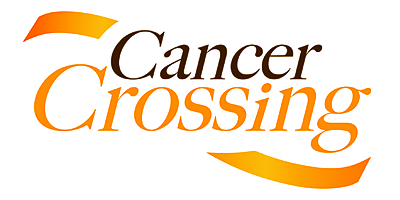Wednesday, 11 December 2013
DR. TOM HAYAKAWA - 'A WEEK IN THE LIFE'
Have you ever wondered what the life of a doctor is like? We interviewed Dr. Tom Hayakawa at the Winnipeg Health Sciences Centre.
Dr. Hayakawa is a well known breast reconstruction surgeon in Winnipeg. He also does surgery for head and neck cancers. Many don't know that a large part of his practice is also microsurgery and research - both clinical and basic.
We asked Dr. Hayakawa what a typical week is like for him and this was his response:
"It's probably easier to go day by day, so Monday we're usually in the hospital around 6:30am seeing our pre-op patients, then we round with the Residents from about 7:00 till 8:00, then we operate from 8:00 to 3:30 or 4:00, then we usually go to Resident teaching seminars which then run generally until 7:00 at night.
Tuesday is the same in the morning with 6:30am rounds, we usually finish around 3:30 or 4:00 then usually the day finishes with reviewing patients pathology, then local procedures, or trying to take care of some of the sort of paperwork that's required such as patient forms, disability forms, also trying to get research ready, so usually Tuesday's go until about 7:00pm as well.
Wednesday I usually have a clinic that involves about 80 patients that starts in the morning about 7:30am then finishes around 5:30pm, then I'm on call until Thursday AM.
I start Thursday morning at 8:00am at Pan Am (but I usually come to Health Sciences at 7:00am to round before I go to Pan Am) to operate from 8:00 until around 3:30. Thursday is about the only day I get home before 6:00pm.
Friday is usually either an operating room day which can be a trauma day, as you need to cover the trauma slates as well - or Friday is a day in the office trying to catch up on research, what we are doing with regards to research; and if I'm doing animal research I'm in the animal lab operating, or doing animal research. So Friday is either an operating room trauma slate day from about 7:00am until 6:30 at night or a research day and then every 6th weekend I'm on call for Saturday and Sunday.
I know it's a crazy schedule and I find it fulfilling but I'll be honest with you, it's a terrible lifestyle. It's not a great quality of life if you want to do anything else".
We asked Dr. Hayakawa how seeing patients with cancer has changed him as person and his outlook on life?
"When I see a very nice person that doesn't smoke, and you know doesn't consume alcohol, yet has a massive sarcoma at 40 years old, I feel very thankful for being healthy and being able to come to work and do the kinds of things I do that can help these people. I may talk about how excessively busy I am and how I have no time for extracurricular activities but on the other hand, I feel I am making a positive difference in peoples lives on a daily basis and you can't beat that".
Subscribe to:
Posts (Atom)

.JPG)